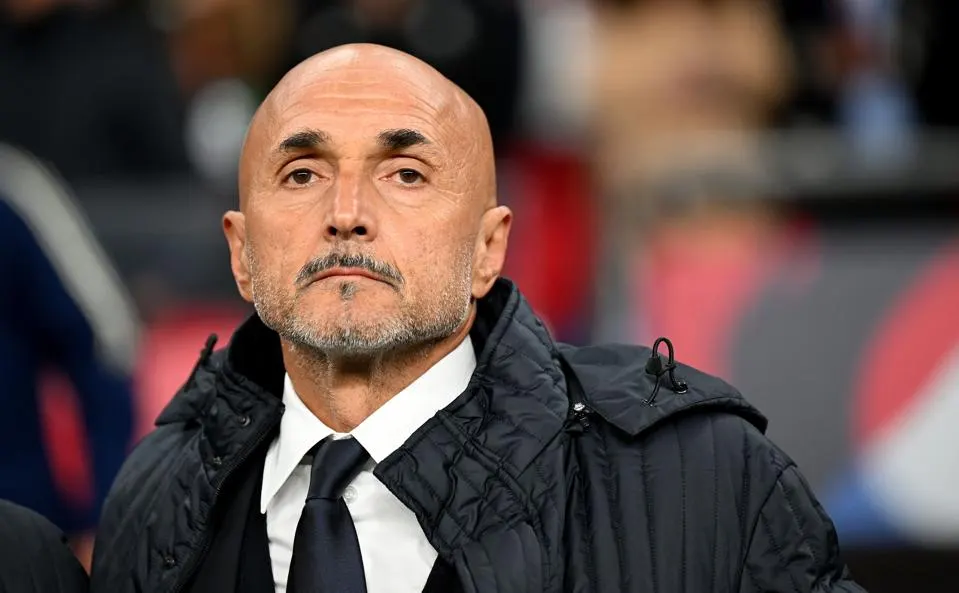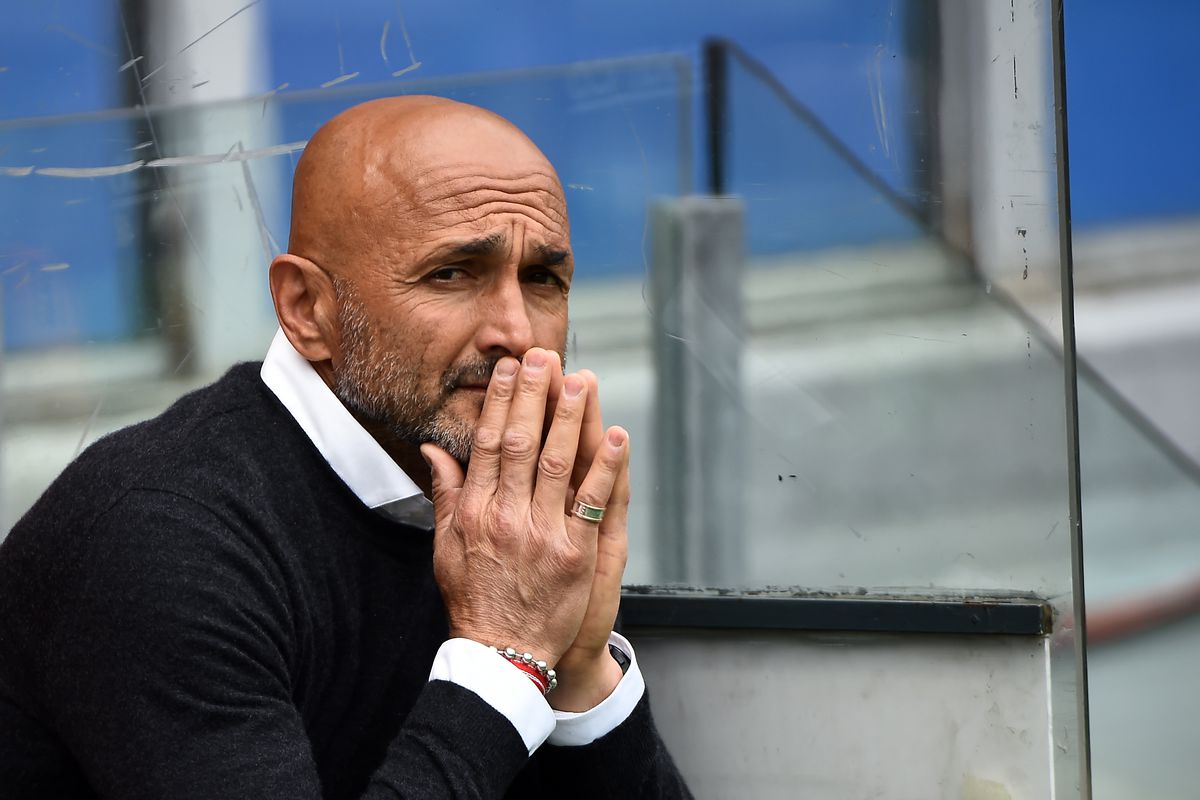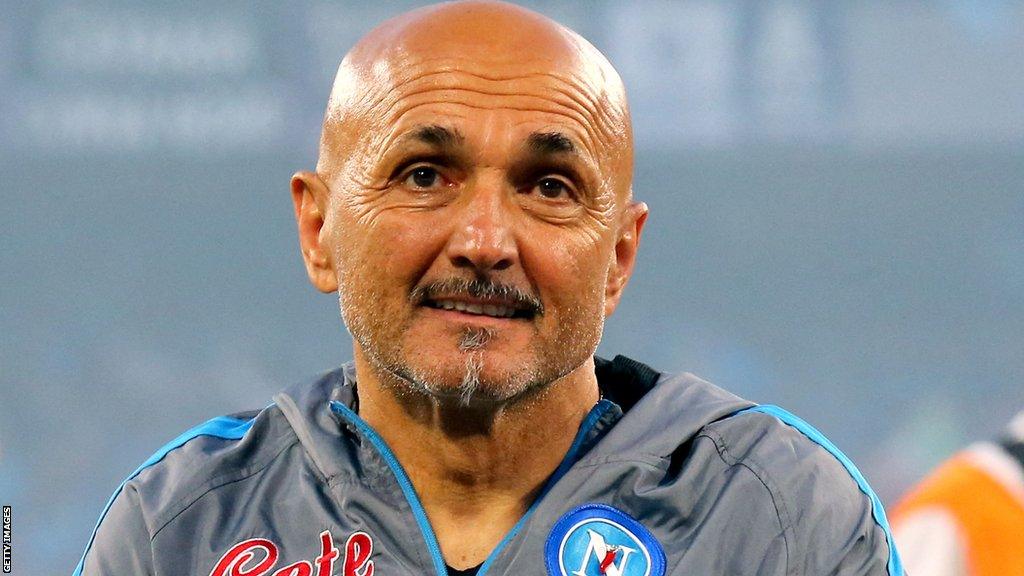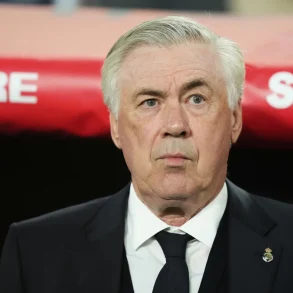Luciano Spalletti was born on March 7, 1959, in Certaldo, Italy, a country deeply passionate about football. Though his playing career was modest, he primarily spent time in lower-league clubs such as Entella and Spezia, and his love for the game was evident.
As a midfielder, he never reached the top tier of Italian football, but these experiences provided him with a solid foundation for his future coaching career. Spalletti’s keen tactical awareness and deep understanding of the game were nurtured during his playing days, setting the stage for his successful managerial journey.
Spalletti’s managerial career began in 1994 with Empoli, a club in Italy’s lower divisions. His impact was immediate, guiding the team to back-to-back promotions from Serie C1 to Serie A. This early success showcased his ability to develop players and implement an effective tactical approach.
Spalletti became known for his meticulous planning, fluid formations, and aggressive pressing, which disrupted opponents’ build-up play. His tactical identity—characterized by flexibility, adaptability, and an attack-minded philosophy—was already beginning to take shape, marking him as one of Italy’s most promising young coaches.

Spalletti’s Tactical Evolution From Udinese to Inter Milan’s Revival
Spalletti’s managerial breakthrough came with Udinese (2002-2005), where he led the club to its first-ever UEFA Champions League qualification. Utilizing a 3-4-2-1 formation, he maximized the attacking potential of players like Antonio Di Natale, making Udinese one of Serie A’s most exciting teams.
His biggest tactical innovation, however, came at AS Roma (2005-2009), where he revolutionized the team by deploying Francesco Totti as a “false nine.” This unconventional approach revitalized Totti’s career, influenced future managers like Pep Guardiola, and became a widely studied tactical blueprint. During his tenure, Spalletti led Roma to back-to-back Coppa Italia titles (2007, 2008) while establishing the club as an attacking powerhouse.
Spalletti’s success in Italy attracted the attention of Russian club Zenit Saint Petersburg, where he managed from 2009 to 2014. He secured two Russian Premier League titles (2010, and 2012), proving his ability to adapt to different footballing cultures and tactical demands.
His return to Italy in 2017 saw him take over Inter Milan, a club struggling to regain its former glory. Spalletti focused on discipline, defensive solidity, and tactical organization, guiding Inter to a top-four finish in his first season and securing a return to the Champions League. His tenure at Inter laid the foundation for the club’s resurgence, despite internal tensions that led to his departure.

Luciano Spalletti The Mastermind Behind Napoli’s Historic Serie A Triumph
Spalletti’s most defining achievement came with Napoli, where he was appointed head coach in 2021. He inherited a talented squad in need of direction and transformed them into one of Europe’s most thrilling teams. Employing a dynamic 4-3-3 formation, Spalletti emphasized width, quick passing, and high pressing.
Under his guidance, Victor Osimhen and Khvicha Kvaratskhelia flourished, forming a lethal attacking partnership. Napoli not only played beautiful football but also boasted one of Serie A’s best defensive records. In the 2022-2023 season, Spalletti masterminded Napoli’s first Serie A title in 33 years, etching his name in the club’s history and reaffirming his status as a tactical genius.
Following his triumph with Napoli, Spalletti was appointed head coach of the Italian national team in 2023, a move welcomed by fans and pundits alike. His task is to restore Italy’s dominance on the international stage, blending youth with experience while emphasizing attacking football and tactical flexibility.
Spalletti’s managerial philosophy is built on three core principles: adaptability, player development, and offensive football. His influence extends beyond the teams he has managed, inspiring a generation of coaches and players. As he continues his journey, Spalletti’s legacy as an innovator and visionary in modern football is already cemented, ensuring his impact will be felt for years to come.







